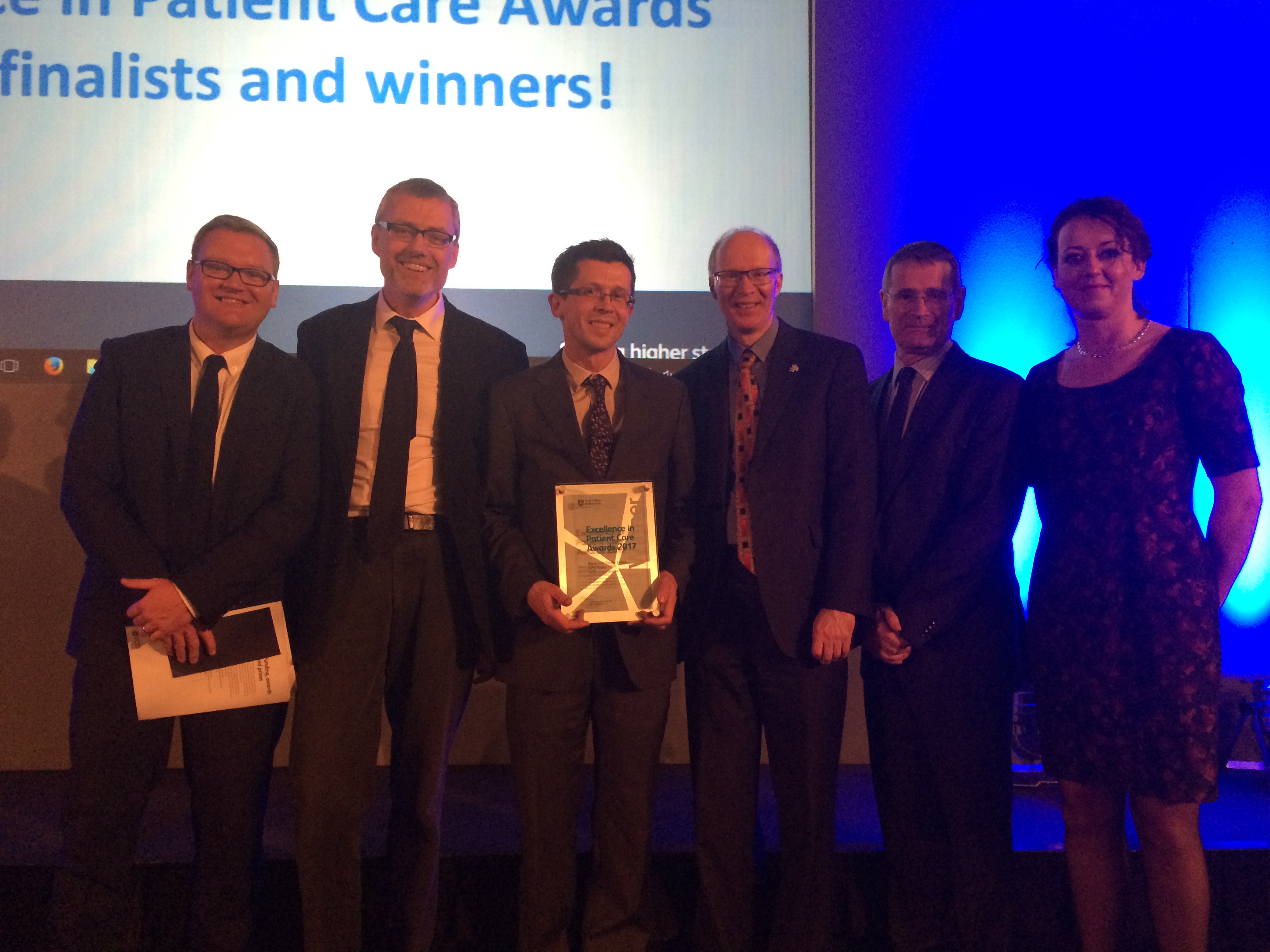The development of an electronic Frailty Index (eFI)
Frailty is a detectable abnormal health state associated with adverse outcomes including move to long-term care residence, hospitalisation and mortality. The current response to frailty is predominantly reactive and secondary care based, in part because of the lack of a simple, reliable tool to identify frailty in primary care. The electronic Frailty Index (eFI) has been developed as a partnership between the University of Leeds and The Phoenix Partnership (TPP). Its function is to identify and severity grade frailty using routine data (Read codes) in primary care. This positive and early identification of people who are frail will allow the introduction of new preventative and proactive care models for frailty. Internal and external validation work is complete and the eFI has now been implemented in SystmOne, the electronic patient record platform used by more than 2,500 GP practices across England. We anticipate implementation into other electronic health record platforms (e.g. EMIS and Vision) within this year, thus increasing its scope and capacity nationally. Frailty and the use of the eFI has been highlighted through several routes to reach different audiences: The British Geriatric Society ‘Fit for Frailty Commissioning Guidelines; Living with Frailty – a guide for primary care; Effectiveness Matters: Recognising and Managing Frailty in Primary Care.

Improving recruitment of older people with frailty into clinical research
There is evidence of under-recruitment of older people to research studies. The CLAHRC has developed the Community Ageing Research 75+ (CARE 75+) cohort study to increase participation of older people with well-characterised frailty into clinical research. The innovative cohort multiple Randomised Controlled Trial (cmRCT) design enables observational research, as well as providing a platform for randomised controlled trials, qualitative studies, and pilot/feasibility studies. The CARE 75+ study is currently supporting two studies and attracting interest from clinicians and academics for future studies relevant to older people. The CARE 75+ study is the first international ageing and frailty research study to use the cmRCT design.
The Community Ageing Research (CARE 75+) study model of public engagement, the Frailty Oversight Group (FOG)
The complexity and long-term nature of the cohort multiple RCT (cmRCT) design requires oversight and public engagement for the duration of the observational study as well as for the individual sub-studies. It is essential that there is continued governance and monitoring of the original aims and objectives of the observational study for which the cohort was developed. Any changes need to be reviewed carefully and objectively to avoid any unnecessary additional burden on the participants. To assist with this work we have constructed a Frailty Oversight Group (FOG). The remit of this group is to provide monitoring and governance of the observational study and provide input into the direction of the CARE cohort in terms of the range and the scope of future studies which will use the cohort. It also facilitates networking with more specialised user groups e.g. care home residents, Black, Minority and Ethnic (BME) groups and dementia service users and their families if necessary. The model of engagement undertaken for CARE 75+ was presented as a workshop at the 2015 HSRN conference in Nottingham. A member of the FOG team assisted with the workshop.
Development of a real time data capture tool for research: an example of successful collaboration between academia and the private sector that has enabled on-going dialogue to support Health Service Research in Yorkshire &Humber
As part of the CLAHRC CARE 75+ cohort study, we needed to develop a software application for data capture. The request went out to tender and the successful company was Tigerteam. The collaboration with Tigerteam has been highly productive and has led to the development of a new application to increase recruitment capacity to the cohort study. In addition, we have provided TigerTeam links to academic partners in Sheffield at the Centre for Assistive Technology and Healthcare (CATCH) to take forward a prototype Care and Wellness Plan they have developed. Through this collaboration they were able to obtain funding and the Tigerteam-CATCH partnership are in the process of conducting a feasibility study of the prototype. If the feasibility work is successful this project will lead to more substantial work between the two partners to help turn the CWP into a commercial product.
